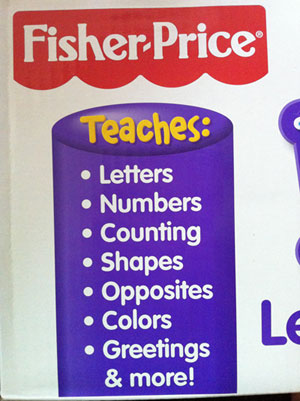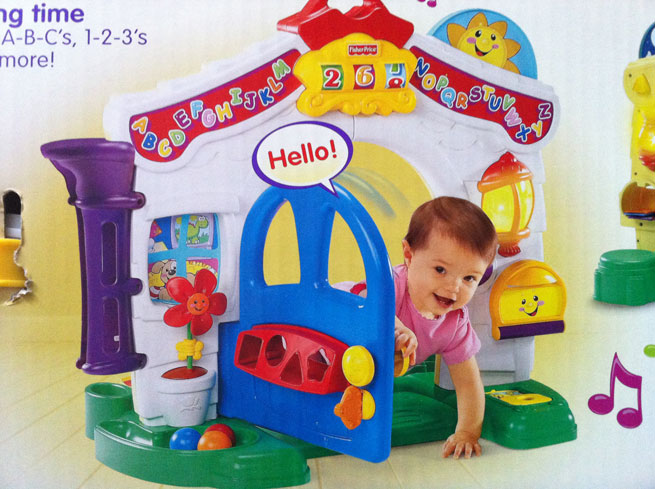My business – We Grow Media – reached it’s one year anniversary of active business recently, and I wanted to take a moment to talk about my view of publishing, of the world writers are facing, of the opportunity in front of all of us, and give you a behind the scenes glimpse at my business. I created a video talking through things – but you can also read through it below:
I am constantly working with writers, with editors, with publishers – each trying to create something new in the world. This is not just “some bright idea” for a book or product, but rather, deeply wrapped up in their identity, their personal journey, how they affect the world, how they serve others, and what they hope their legacy will be.
For many people the work they are creating is something they have obsessed over for years, and cuts right to their core. This isn’t just a story, a book, a product, a service, an event: this is them making meaning of the world – them reaching out to others. Them, mattering.
If you are a writer, a publisher, or part of the community that supports them: this is who you are. This is the legacy you are creating.
For some, this means carving out a new identity. For others, it means building a new career. There is so much more wrapped up in this. And this is why I LOVE working with writers, publishers, and the community around them.
There is a lot of talk about the ‘future of publishing.’ What is more interesting to me is the PRESENT of publishing. Where anyone can create a brand, can create a work, can share their work, can connect with others, can find an audience, can get involved, can – YES – earn money from their work.
This is where we shape our ideas, let them loose in the world, watch them grow, and connect with like minds. This is where we help each other become a part of something meaningful.
This is why I started We Grow Media. Why I took the risk of launching a business, of making a commitment to writers, publishers, and the community around them. Because of this:
You inspire me.
When I work with clients, I always start with goals. We need to know where you are going if we are going to create a path to get there. And we always end with a plan for sustainable growth and iteration for months or years to come.
I love working with people to not just market a single book, but to build a writing CAREER. Yes, the former is a necessary part of that, and I work with writers on specific strategies and tactics to do just that. But who you are becoming, what you will accomplish, how the power of your work will shape the world, how you will help the community around your work – that is what endlessly engages me.
So who do I work with, and what do I do? Here’s the short version:
- Consulting with publishers.
I work with publishers of all kinds (book, magazine, app, etc) in online marketing, content strategy, branding, business development, social media, search engine optimization, and web analytics. For most – we are baking these things into their core business, identifying core areas for growth, creating ways for them to more deeply engage their communities, and building the skills of those within their company. We are creating a framework that makes this all sustainable. - Working one-on-one with writers.
Similar to how I work with publishers, I partner with writers to build their writing career, establish their brand, and make things happen. I work with writers of all kinds – fiction, non-fiction, memoir – and have worked extensively with journalists and editors as well. - Teaching classes and workshops.
I love teaching. I regularly teach online classes in the topics listed above, and offer workshops at conferences. I teach in-depth classes at WeGrowMedia.com and introductory classes through Writer’s Digest University. This is an area that I am planning a lot of expansion in later in the year.
For each of these, I focus on helping people create a roadmap – a real strategy – and the tactics to back it up. There are tons of tips online, all a Google search away. But I offer a framework, choosing where to focus your resources, how to find the highest return on investment, and creating a process of iteration that leads you to your goals.
This goes beyond knowledge alone – it is how we come together to build something. Every time I launch a new class, I am amazed at how quickly we become a community of people working TOGETHER. That students go from struggling by themselves alone to working with a group that is actively helping each other reach their respective goals. THIS is why I love teaching classes and workshops. This is what it is the core of We Grow Media
Chris Rock has a wonderful piece on the difference between having a career and having a job (warning: strong language):
Here’s the gist:
“A job is something you do because you have to, a career is something you do because you love it. There ain’t enough time in the day when you have a career. When you have a job, there is too much time.”
This is my career. I am in this for the long haul. My wife and I have made some major decisions to ensure that we are committed to We Grow Media, for me to work with writers, publishers, and the community around them.
One final quote, this time from Don Draper in Mad Men, when discussing which direction to take on a client’s campaign:
“We have to commit to one thing. They don’t like wiggle room, they like to see us blowing up bridges behind us.”
Making a commitment to writers, publishers and the community around them is not a sacrifice, it is an opportunity. To work with those who inspire me, those who are creating a world I want to live in. If that is you, then THANK YOU.
-Dan


